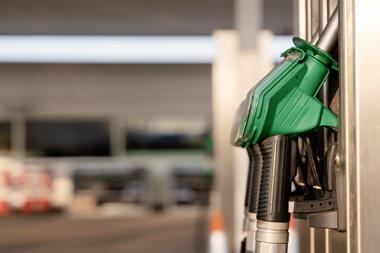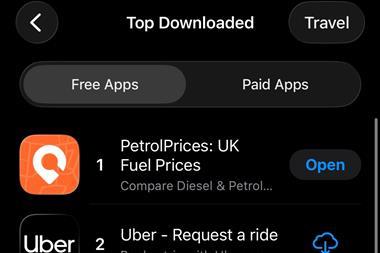
Forecourt retailers are making margins that are “well above long-term figures”, according to the RAC, despite fuel prices having returned to around what they were before the pandemic.
The motoring group’s latest Fuel Watch survey reports that, despite fuel prices edging up by just under 1p in December – the third rise in as many months – they remain close to 2019 levels.
Petrol is 14p cheaper than 2024’s high of 150.6p per litre, while diesel is down 16p from 158.7p earlier this year.
Supermarkets are still the cheapest places to buy fuel, according to the RAC, with motorists paying 134p for unleaded and 139.5p for diesel – 3p less than the UK average.
The RAC says prices at the pump remained broadly stable in December due to oil continuing to trade between $72 and $75 a barrel, combined with the pound-to-dollar exchange rate staying around $1.26. The exchange rate can make a significant difference to the price drivers pay on the UK’s 8,300 forecourts as fuel, like oil, is traded in dollars, says the organisation.
RAC head of policy Simon Williams says: “Even though fuel prices have crept up slightly over the last three months, 2024 was a better year at the pumps, with prices coming down by 14p for petrol and 16p for diesel from the high points seen at the end of April.
“Looking back, it’s quite clear that 2024 was a year of two halves for fuel, with the second proving far better as the lower cost of oil translated to cheaper prices on the forecourt.
However, he says that retailer margins are still “well above” the long-term average, but that mandatory fuel reporting – being introduced this year – will lead to “fairer prices”.
The Petrol Retailers’ Association (PRA) says that the RAC is not taking on board increased costs faced by forecourt operators.
“PRA members strive to keep pump prices as low as possible to keep their customers fed and fuelled,” says PRA executive director Gordon Balmer. ”However, businesses are being impacted by rising costs and this needs to be factored in when commenting on fuel margins.
”Interest payments, business rates, wages, and the cost to retailers of rising crime must be covered to ensure forecourts remain viable. The new year will bring fresh challenges as further cost increases in the pipeline start to bite.”
































